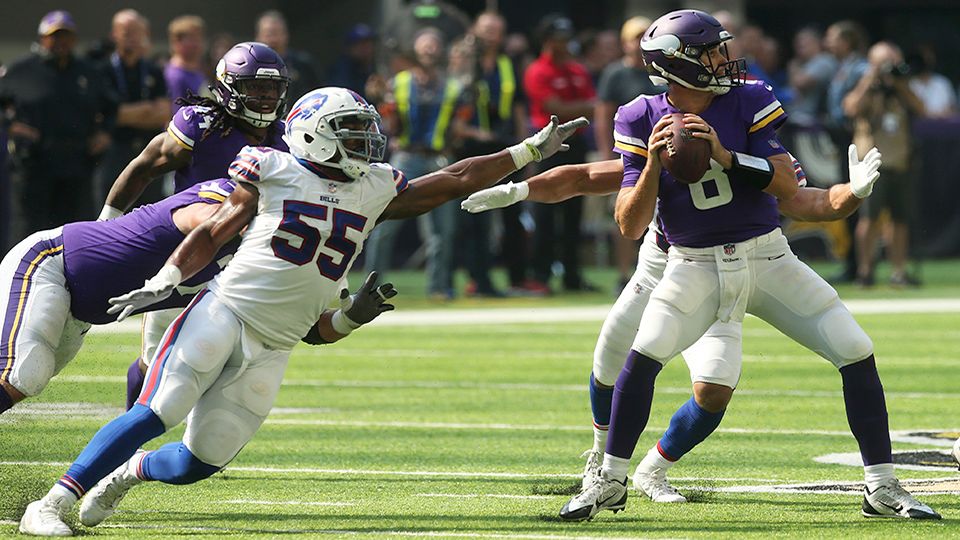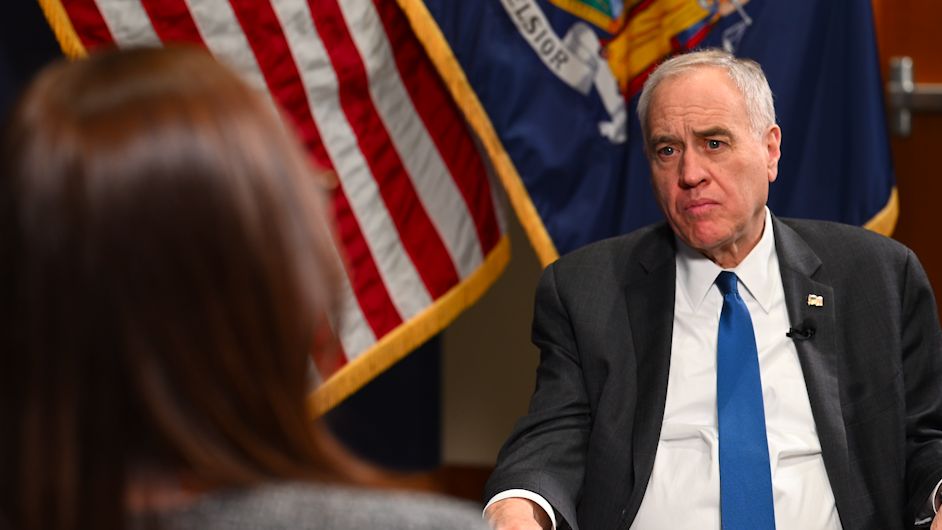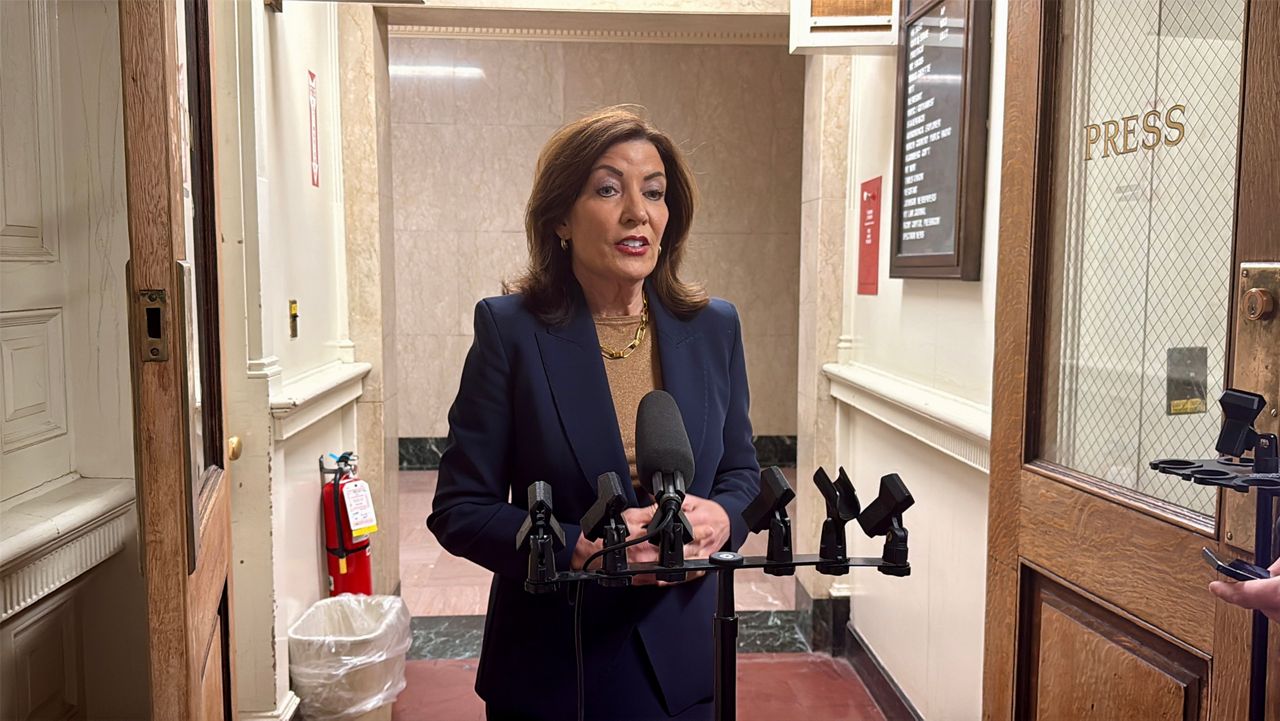The discussion of performance-enhancing drugs and the athletes who allegedly use them is a polarizing topic and one of the biggest topics of debate in Nellie Drew’s classes.
Drew is an attorney and professor at the University at Buffalo’s New Center for the Advancement of Sport. Lately, there’s been more to discuss on the controversial topic, thanks to a new bill proposed in Albany that would require all amateur and professional athletes to certify that they have not taken any performance-enhancing drugs within the past six months.
"This doesn't only apply to the Buffalo teams," said Daniel Wallach, a sports and gaming attorney. "It could apply to any athlete outside the state of New York that visits New York to play a game against the Buffalo Sabres or the Buffalo Bills."
Drew said the timing of the introduction of the Honesty in Sports Act is no coincidence.
"I would assume that the genesis of the bill is the fact that we've just seen the announcement of the 2019 inductees into [National Baseball] Hall of Fame,” she said. “Two of the players who were up for induction were Roger Clemens and Barry Bonds, both who have been linked to the use of performance-enhancing substances.”
Both attorneys say if passed, enforcing the law would be close to impossible.
"The real problem with a legislation like this is that it requires athletes to divulge private medical information about themselves and there are athletes who may be taking performance-enhancing drugs that fall into that category under a legitimate prescription or pursuant to a waiver," Wallach said.
"This is not a static area of law," added Drew. "Historically, there's a new drug or a way to mask a performance enhancing substance is around the corner. The challenge is catching up with new substance or the new masking agent."
Sports attorneys say the new bill is too broad and could violate the federal privacy rights of athletes.
Athletes also are subject already to sanctions if they violate the existing drug policies of their respective leagues, Wallach said.









